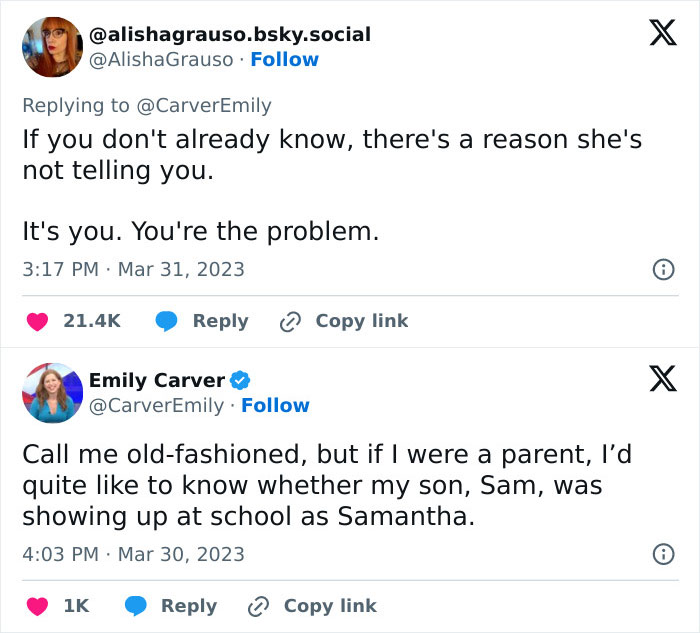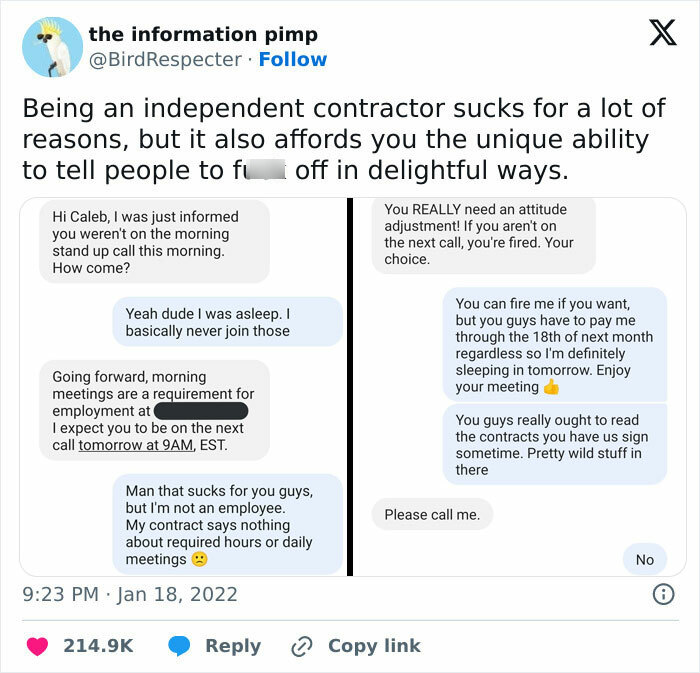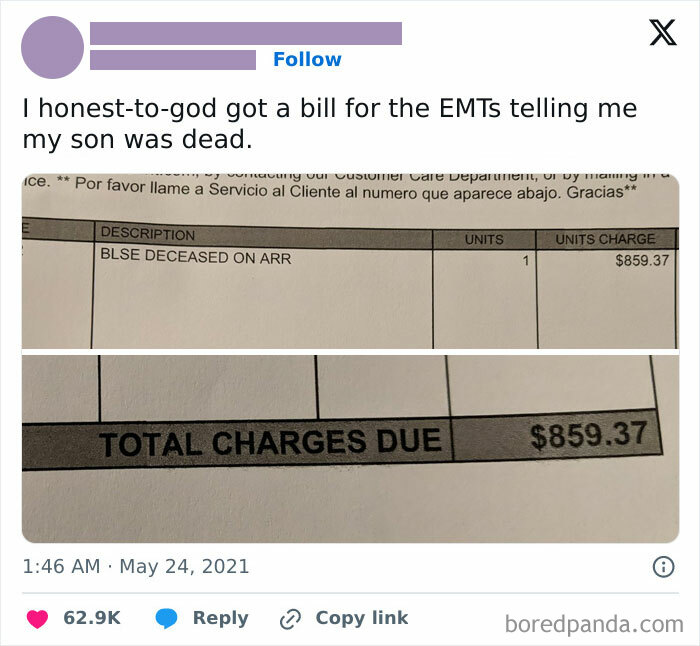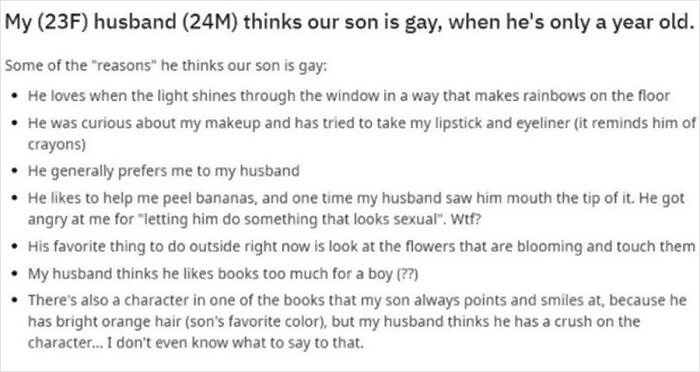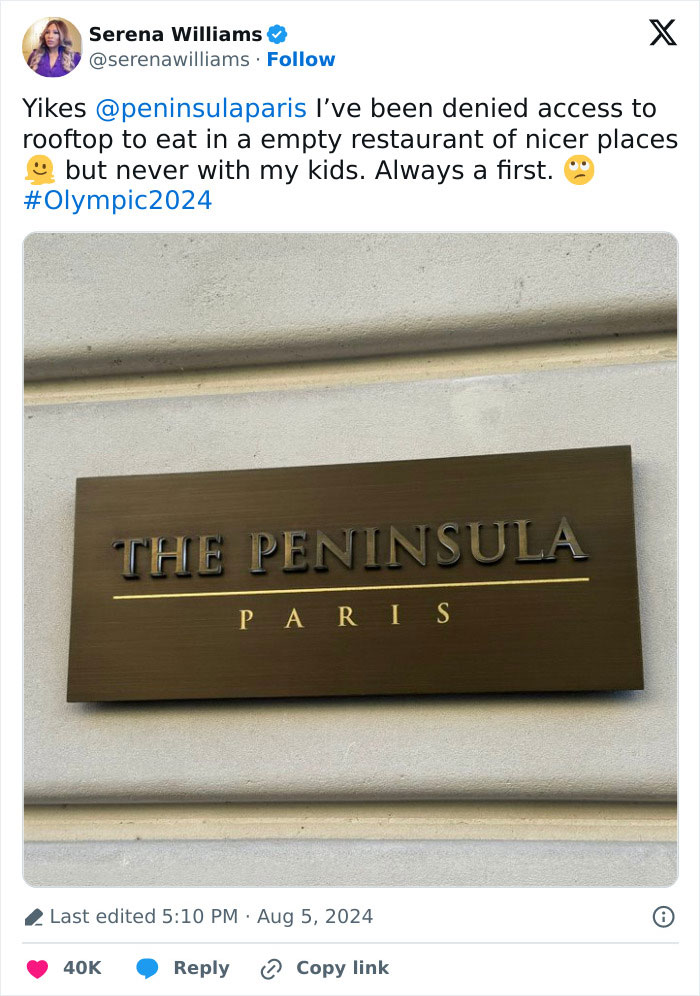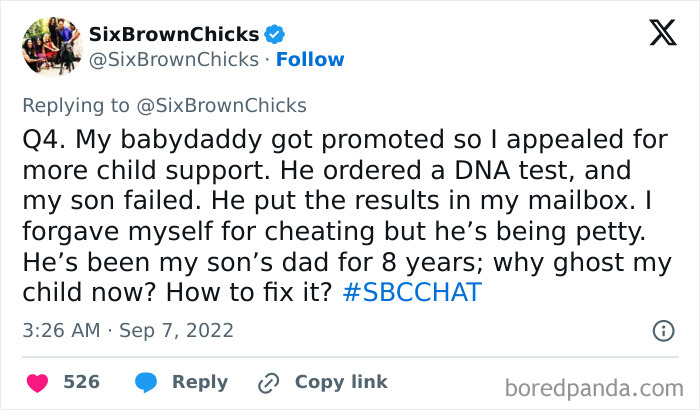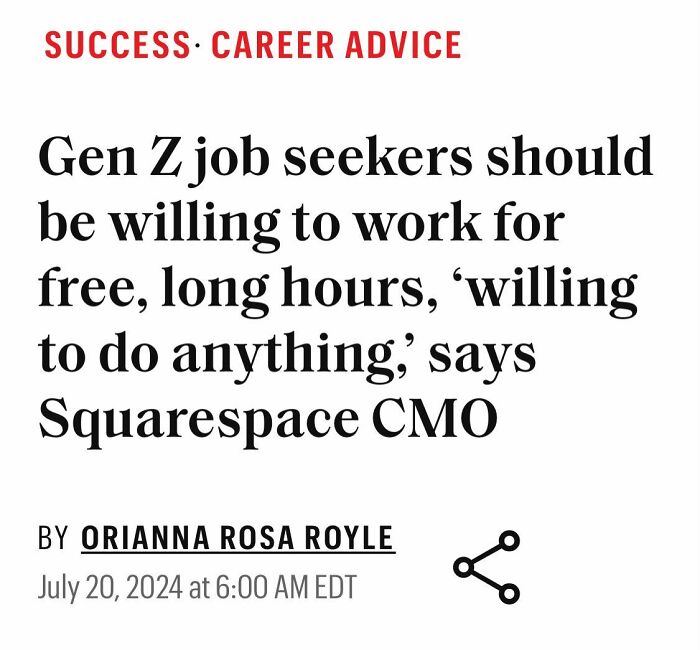If you’re really unlucky, they could even end up on r/facepalm. It’s an online community dedicated to outing the stupidest things ever posted on the net. With over 8,3 million members, it’s probably not the place you want your moronic moments to be memorialized. Keep scrolling for some of the most cringeworthy social media posts ever to be made. And don’t miss the chat Bored Panda had with business strategist Lisa Larter, about how to keep your reputation intact online. “Our thoughts and opinions are nuanced so rarely does one post capture exactly how you feel about something in every scenario but it can cause others to make sweeping assumptions about you,” she said. “Rule of thumb, if you wouldn’t want what you are about to post to be on television, or the front page of the newspaper, if it wouldn’t make your mama proud, don’t post it.” “Avoid hot button conversations that are divisive. I get it, everyone has an opinion on things but do you want your opinions to live online? Do you want to alienate others who disagree with you? Try and avoid polarizing conversations unless you feel they will serve your reputation in a positive way,” said Larter. The expert added that business owners should be super careful of their online reputation. “Take care of your customers and you will reduce the likelihood of others saying bad things about you online.” It’s more important than ever to think before you post. Not only because you might be outed as a moron. But also for your own safety. Not all the billions of internet users are upstanding citizens. As the University of Alabama in Birmingham warns, there are also “identity thieves, online predators, and bots pretending to be someone else to try and get your information.” “Get the facts before you jump on sharing things online,” adds Larter. “When you fail to fact check before you share, you run the risk of making yourself look silly for not pausing before you post.” “I tell my clients when I work with them: ‘Your status updates, profiles, posts, photos and comments are all a reflection of you and how you do business. Your online presence is your first form of social proof and is often the first character check a client does prior to engaging you for business,” writes Larter on her site. “People want to be heard, and that is their right. If you are one of those people, be sure to do your research, and know all the facts because what you post may alienate people and or cause public discourse online.” Again, Larter says it’s particularly important if you’re a business owner. “That could cost you business. If you’re okay with that, fair game, but if you’d prefer to keep politics out of business, you may want to think carefully about what you have to say.” Larter expands on the issue on her website. “I have seen people do this and I am always in shock at how hateful and disrespectful people can be to each other,” she writes. “Take note – it is you who looks bad when you wage a personal attack on someone in public, no matter how wrong the other person is.” 1832 Communications helps non-profits with their marketing efforts. And has some damage control advice for then things go wrong. The company says online mistakes do happen but what you do afterwards can break or make you. “The best course of action is to apologize for your mistake, show people that you really can see why what you did was dumb and avoid doing the same thing again,” Larter told us. “What people and brands should never do is hide from what they have done. Get out in front of it early on and make amends the best you can. We are all human and we make mistakes. If you want your reputation to stay strong, acknowledge when you do, do your best to make it right, and learn from the mistake so you don’t repeat it again.” Follow Bored Panda on Google News! Follow us on Flipboard.com/@boredpanda! Please use high-res photos without watermarks Ooops! Your image is too large, maximum file size is 8 MB.





















